
Potty training any puppy can be very frustrating at times, but can provide a lifetime of rewards. Puppy potty training shouldn't simply just be about keeping your floors and carpet clean, it can also have a tremendous impact on your dog's social behavior. When times get hard, just imagine all the joy you'll get from a well potty trained puppy. Potty training can be the most challenging and rewarding part of all puppy-training exercises.
One of the first things you need to learn when potty training your puppy is to recognize your puppy's signals when it needs to go potty. When potty training, your goal should be to have your puppy go potty in a designated area outside. Puppies tend to respond better to their owners commands when given in a cheerful tone of voice. When potty training, keep in mind that puppies, like humans, tend to flourish when phrased and are rewarded for their efforts.
Potty training is best done while your puppy is still young, as it can be much more difficult to re-train older dogs. Probably potty training should be the first type of training to be considered for any new puppy. When most people first bring home their new puppy they focus on the love & enjoyment their puppy will bring, but without effective potty training this novelty wears off and soon leads to other related problems. The first few months of potty training can be the most trying, but with a little patients your puppy will come through in the end.
Puppies tend to have poor bladder control and accidents are common especially at night, but with a bit of persistence and time you'll both be enjoying accident-free nights. Accidents are normal when potty training a puppy. When potty accidents occur correct (not punish) your puppy and always reward and praise when it goes in the right place. Accidents (if any) are rare with older dogs that have been properly potty trained.
Dogs that think of their crate as their sleeping area are less likely to soil in their crate and display more obvious signals when they need to potty. Crate size is an important factor to consider when potty training, if the crate is too big your puppy will tend to soil in one corner of it and if it's too small, your puppy will not be comfortable. Large crates can be partitioned to fit small puppies and resized to accommodate growing puppies, this will help keep a constant den-like environment when potty training. An important tool to consider when potty training is crate training.
Like humans, puppies tend to have a regular or somewhat predictable potty routine, e.g. when they first wake, soon after eating or drinking, after some playful exercise and when they get over excited. Scheduling your puppy's eating habits will assist greatly in developing a potty training routine. Some of your puppy's signals to watch for when it needs to go potty are whining, barking, nudging, nipping at feet and pacing, etc. Learning your puppy's peeing signals and routine will help greatly when potty training any puppy.
It's advisable to learn and apply all you can about potty training a puppy; the rewards are well worth it. Don't put off potty training your puppy for too long, the sooner you tackle this problem the easier it will be for everyone. It's best to bear in mind when potty training puppies, they will usually prefer to perform the task that offers the most reward. Try and make potty training as much fun as you can for your puppy, it will help speed up the process.
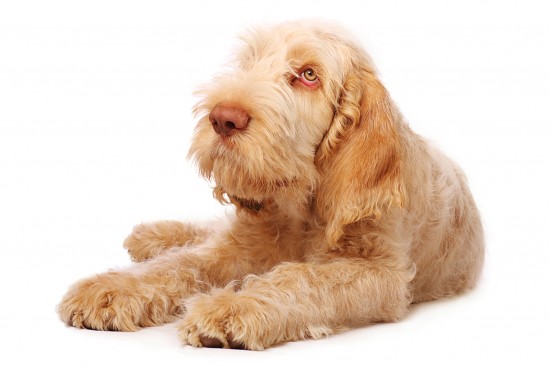 Italian Spinone Hereditary Health And Longevity
Italian Spinone Hereditary Health And Longevity
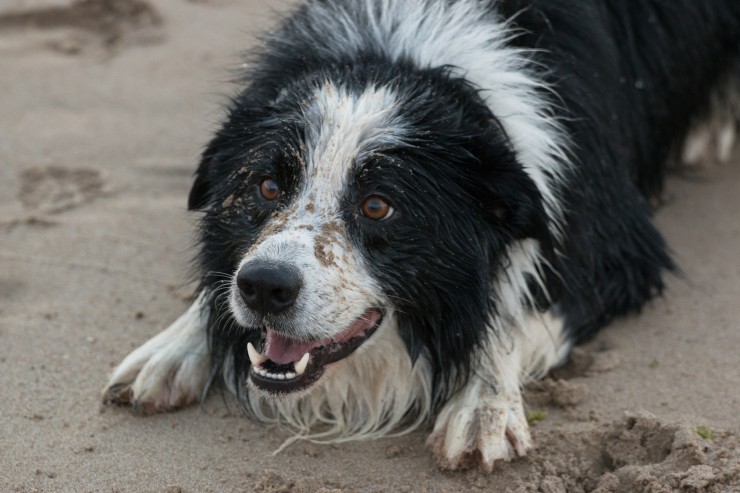 Five Breeds Of Dog That Will Keep You On Your Toes!
Five Breeds Of Dog That Will Keep You On Your Toes!
 Some Friendly Advise On Feeding Your Dog
Some Friendly Advise On Feeding Your Dog
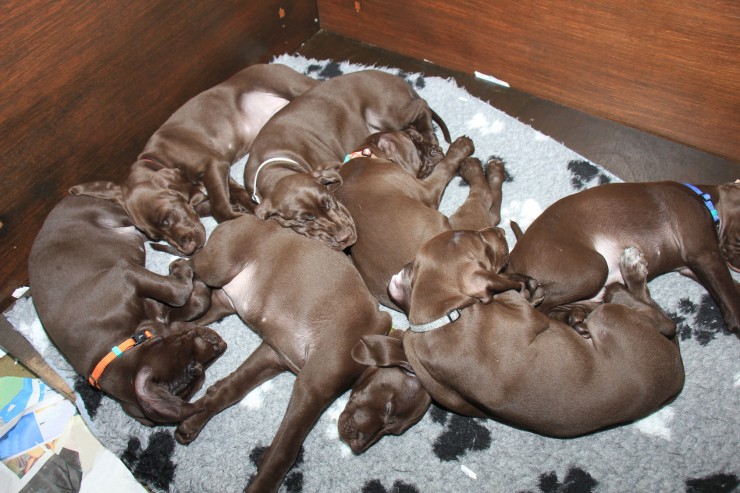 Seven Warning Signs Of Illness To Watch Out For In Young Puppies
Seven Warning Signs Of Illness To Watch Out For In Young Puppies
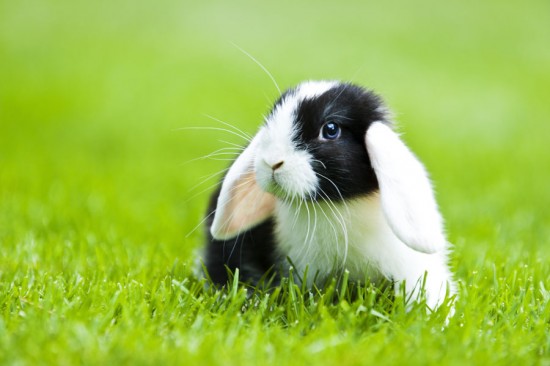 Rabbit Insurance - Do I Need To Insure My Rabbit?
Rabbit Insurance - Do I Need To Insure My Rabbit?
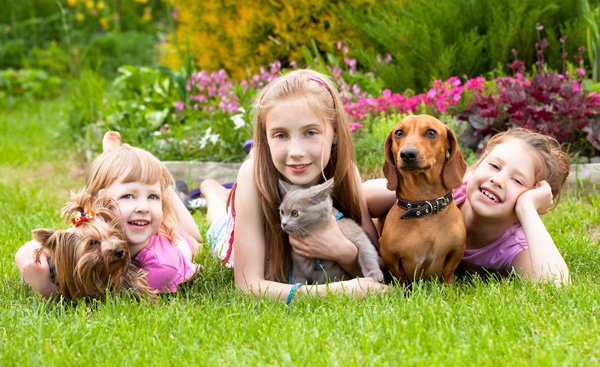 Avoid Brutal Pest Infestation – Get Pest Removal Services from the Professionals
Avoid Brutal Pest Infestation – Get Pest Removal Services from the Professionals
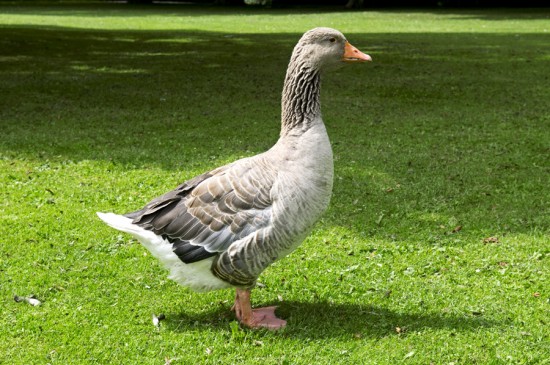 Geese As Pets
Geese As Pets
Geese As Pets
Geese As Pets
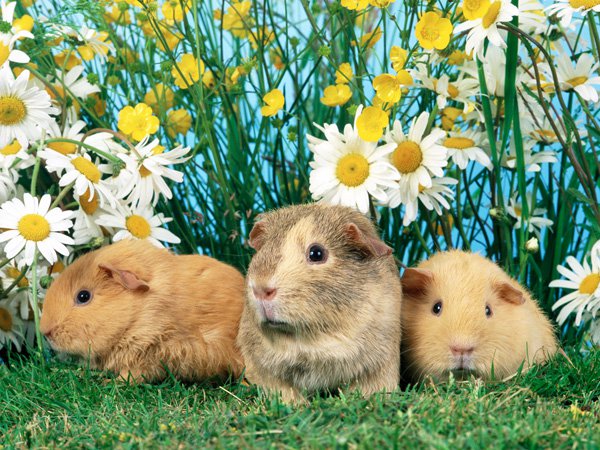 Regular Shih Tzu Grooming Prevents Health Problems For The Breed
Regular Shih Tzu Grooming Prevents Health Problems For The
Regular Shih Tzu Grooming Prevents Health Problems For The Breed
Regular Shih Tzu Grooming Prevents Health Problems For The
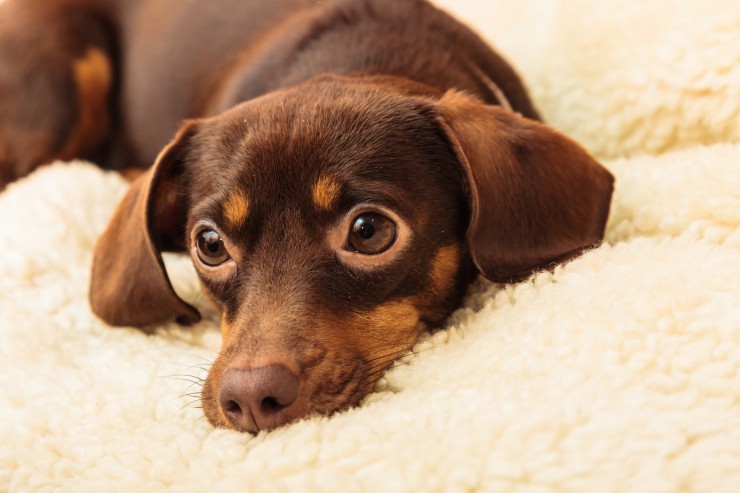 6 Myths About A Dogs Behaviour Demystified
6 Myths About A D
6 Myths About A Dogs Behaviour Demystified
6 Myths About A D
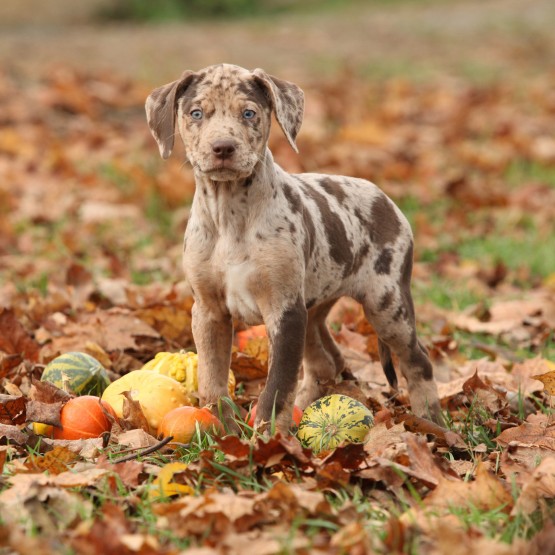 10 Of The World’s Rarest Dog Breeds
10 Of The World’s
10 Of The World’s Rarest Dog Breeds
10 Of The World’s
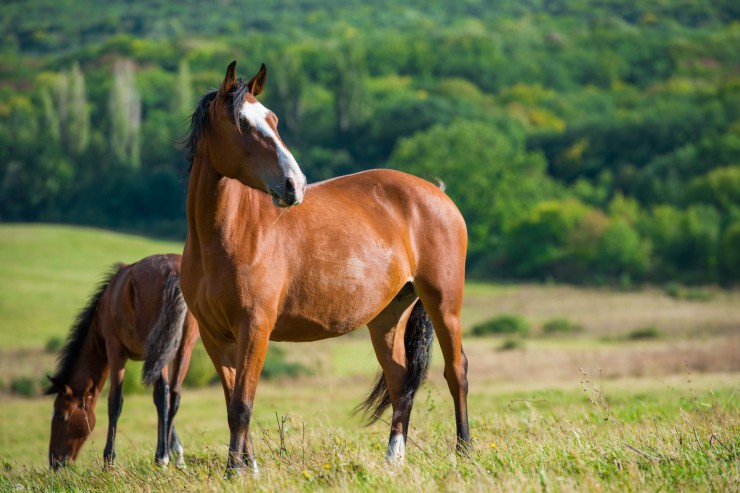 Insect Bites And Horses
Insect Bites And
Insect Bites And Horses
Insect Bites And
Copyright © 2005-2016 Pet Information All Rights Reserved
Contact us: www162date@outlook.com